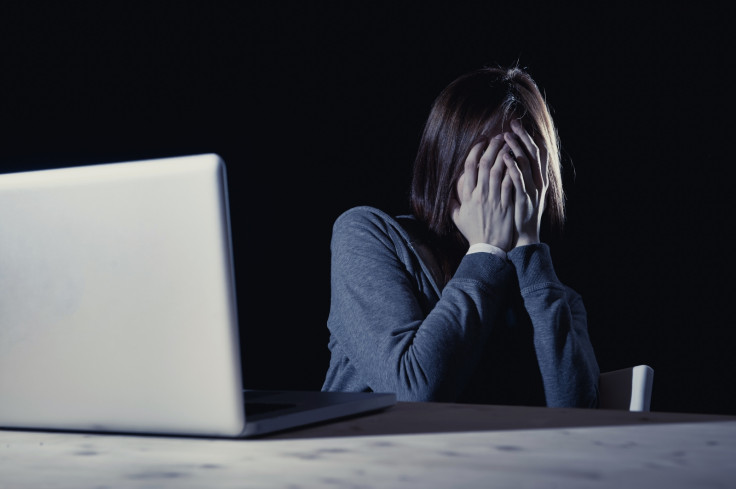One in five Australians have been victims of revenge porn, study finds
Marginalised communities were found to be especially vulnerable.

One in five people in Australia have been the victims of image-based abuse, a new comprehensive research on revenge porn has found. According to an online survey of more than 4,200 people aged 16 to 49 by RMIT University and Monash University, one in five respondents reported they have had sexual or nude photos taken without their consent.
About 40% of respondents reported these images were distributed across multiple devices and platforms including SMS, email, Snapchat, Facebook and "revenge porn" sites.
While 11% said they have had these photos distributed without their consent, 9% said they have experienced "sextortion" and were threatened that such content would be shared with others. People who shared sexual selfies (37%) were more likely to have been victimised than those who did not.
The study found that both women and men were likely to be victims of such abuse. However, the majority of victims (54%) reported the perpetrator was male while 33% reported the perpetrator was female. Women (39%) were more likely than men (30%) to be victimised by an intimate partner or former partner.
The survey found that 1 in 3 people aged 16 to 19 (30.9%) reported being victims of image-abuse as compared to those aged 20 to 29 (27%), 30 to 39 (22.45%) and 40 to 49 (18.1%). Young people aged 16 to 19 were also more likely to experience such abuse from known people such as a friend or family member than from an intimate partner or former partner.
Marginalised communities were also found to be especially vulnerable.
One in two Australians (56.1%) with a disability reported experiencing at least one form of image-based sexual abuse as compared to those who did not disclose needing such assistance (17.6%). About 50% of Indigenous Australians reported experiencing such abuse.
People who identify as lesbian, gay or bisexual are more likely to be victims (36%) as compared to heterosexual people (21%).
"Image-based abuse has emerged so rapidly as an issue that inevitably our laws and policies are struggling to catch up," chief investigator Dr Nicola Henry. "This isn't just about 'revenge porn' - images are being used to control, abuse and humiliate people in ways that go well beyond the 'relationship gone sour' scenario."
Eighty percent of victims who were targeted by "sextortion" threats to distribute such content reported "high levels of psychological distress, consistent with a diagnosis of moderate to severe depression and/or anxiety disorder."
Monash University's Dr Asher Flynn noted that the survey's findings likely underestimated the extent of image-based abuse. She added that social media and internet companies must step up with stronger measures to address such issues as well.
"Our survey only captured those victims who had become aware their images had been distributed, whereas some victims may never discover that their images have been taken and distributed, particularly if they are circulated on sites located on the dark web."
© Copyright IBTimes 2025. All rights reserved.





















